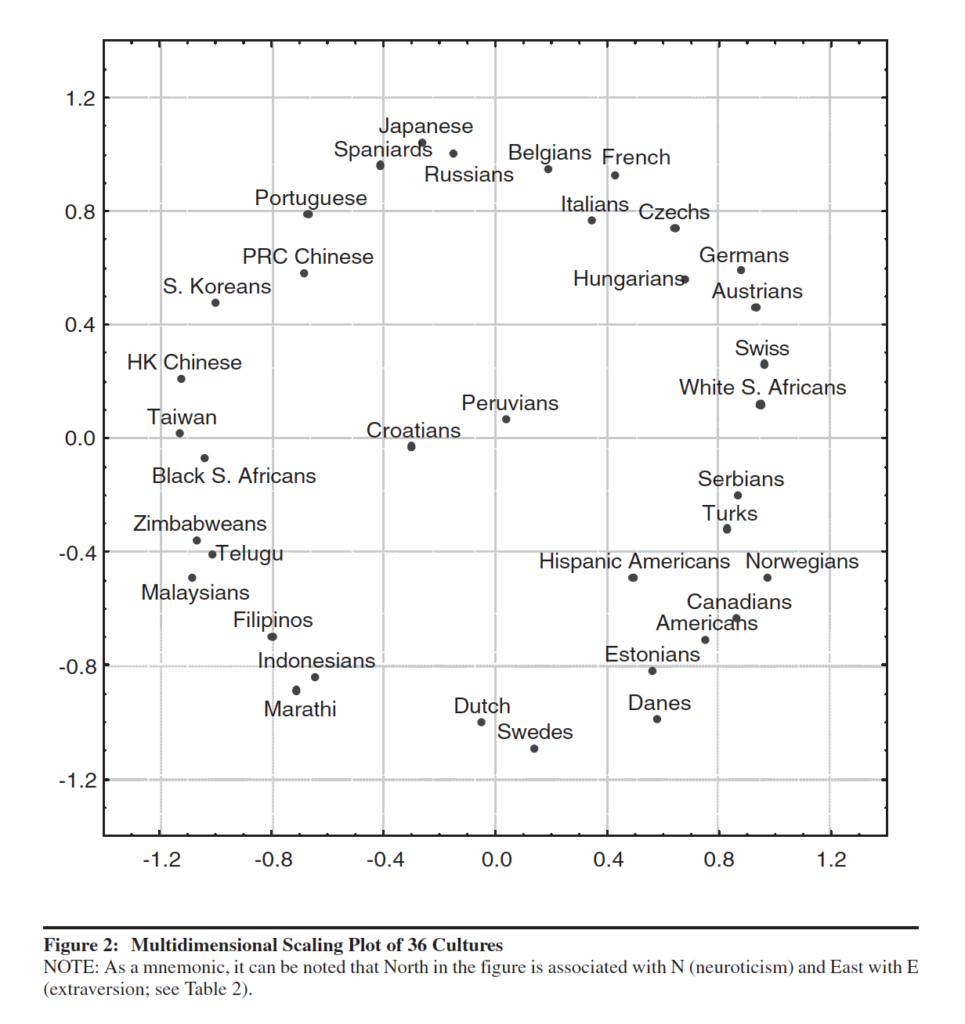 Since the Covid-19 pandemic hit, we’re on video calls more than ever before – and many are finding it exhausting.
Since the Covid-19 pandemic hit, we’re on video calls more than ever before – and many are finding it exhausting.
There have been many articles addressing this “zoom fatigue” and the potential reasons for it. One reason often cited is the mental work and effort it takes to process nonverbal cues like facial expressions, the tone and pitch of the voice, and body language; paying more attention to these consumes a lot of energy. But can our exhaustion from remote meetings somehow be tied to our personality?
Many researchers today believe that there are five core personality traits that speak to the characteristics or qualities of an individual. These traits have been found by research to exist in humans all around the world, though the degrees to which people possess each trait differs.
One may find it helpful to use the acronym OCEAN (openness, conscientiousness, extraversion, agreeableness, and neuroticism) when trying to remember the big five traits.
Extraversion is one of these cross culturally universal underlying personality traits. A person who is extroverted is generally outgoing, friendly, sociable and happier more of the time than others. In contrast, a person who is introverted may be shy, quiet, reserved, and typically don’t seek out social events.
How introverted or extroverted are you? Find out here with a FREE test!
One suggested characteristic that’s associated with extroverted individuals is that when they meet people, they receive energy. When they meet people, teach classes, or socialize with others, they become energized. Whereas an introverted person uses energy when interacting with others, which can leave them drained. So how does this all relate to zoom fatigue?
Extroverted individuals may find themselves particularly drained after a remote meeting or class. Dr. Matsumoto suggests that although they may be interacting and seeing people they normally interact with, they’re likely not receiving the energy transfer they would in real life that normally invigorates them. Thus, these digital interactions leave them more exhausted than if the same interaction happened in real life.
The remoteness eliminates the interaction quality that allows them to give and receive energy.
Interestingly, there’s cultural differences in mean levels for extroversion as well. Americans generally have high extroversion, low neuroticism, higher conscientiousness, high agreeableness and high openness. Which means as a society as a whole, Americans may be suffering more from Zoom fatigue than other countries who have lower rates of extroversion such as Malaysia (see table below)

In addition to the many emotional consequences of digital communication we’ve covered, being remote may also eliminate the possibility of energy transfer we normally get in live interactions.
What are your thoughts? As an extrovert do you find this to be true? Let us know your thoughts in the comments section!
Want to learn more about the role of culture in shaping personality? View the video below to learn more!